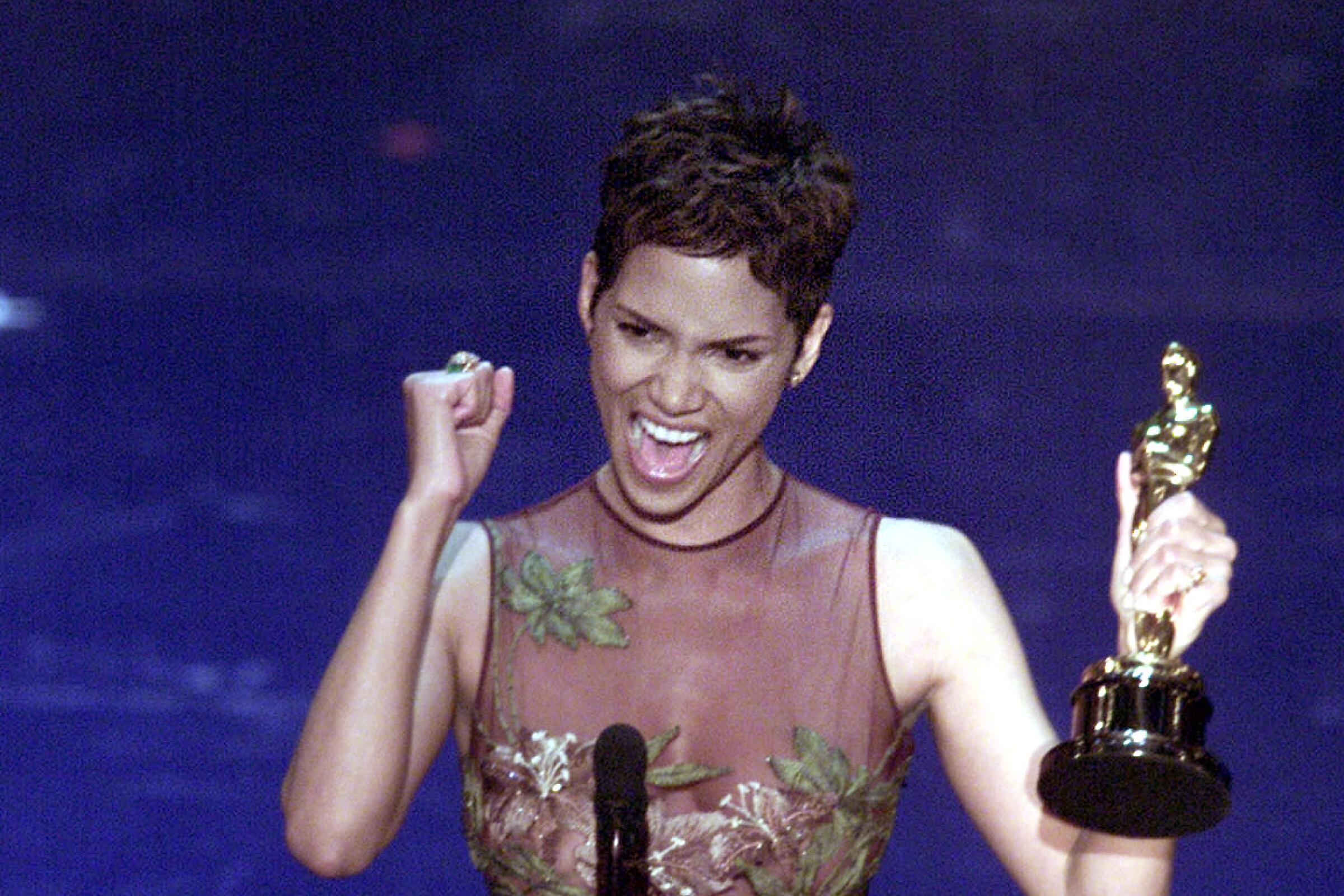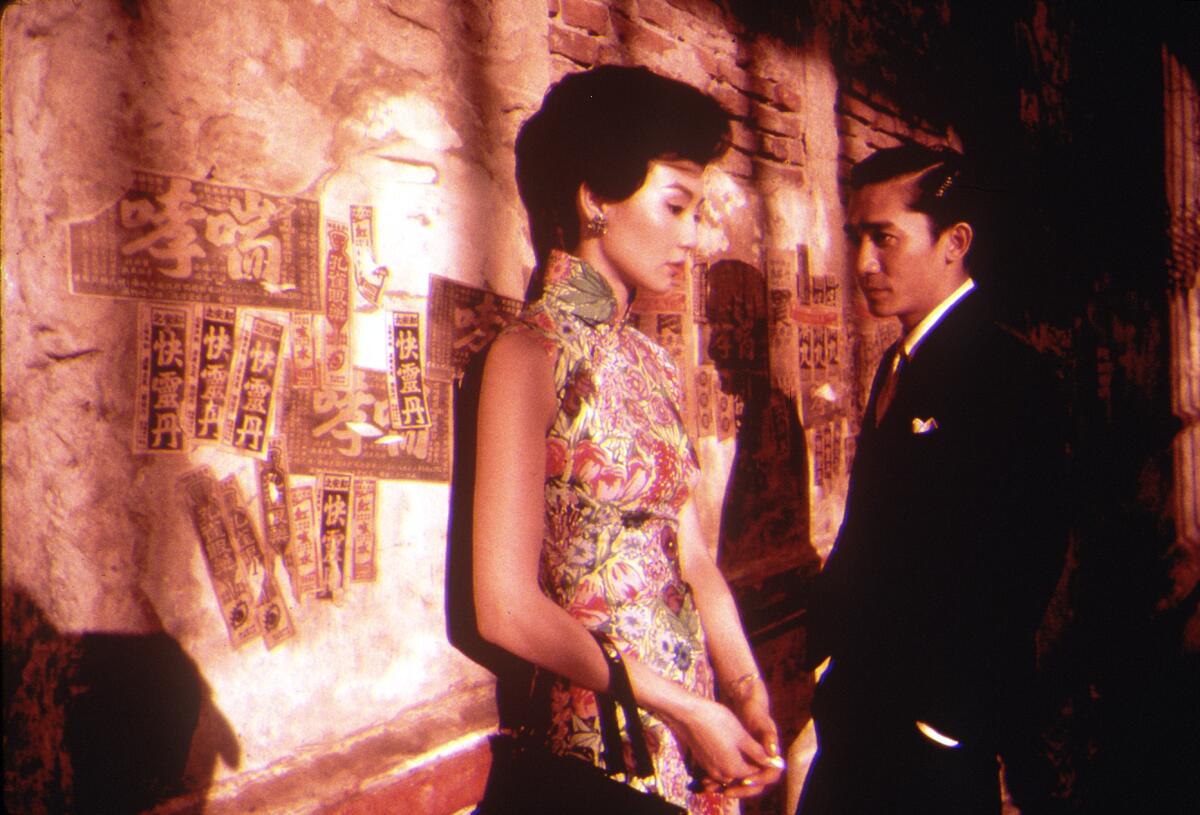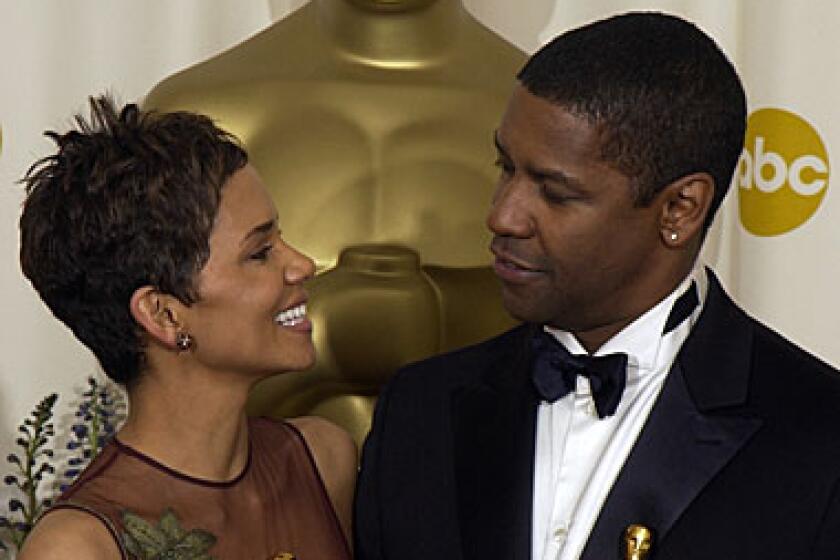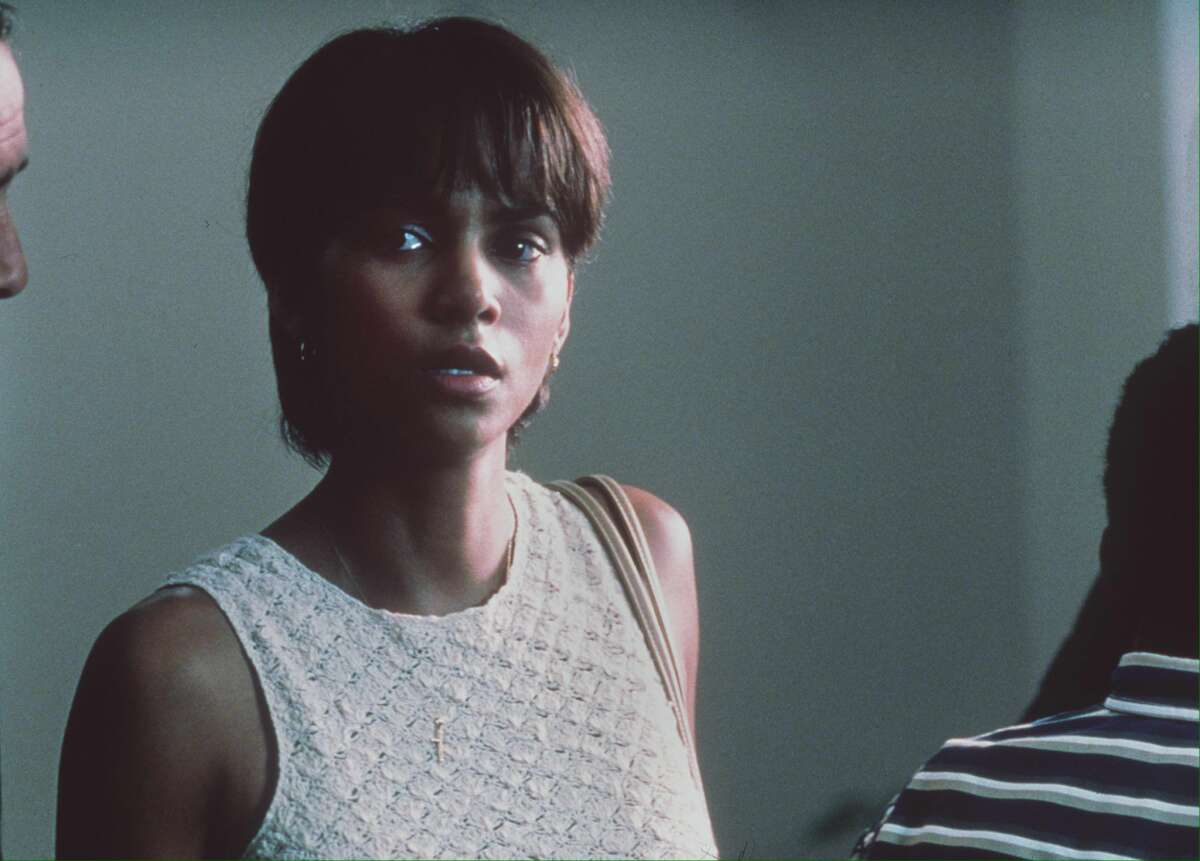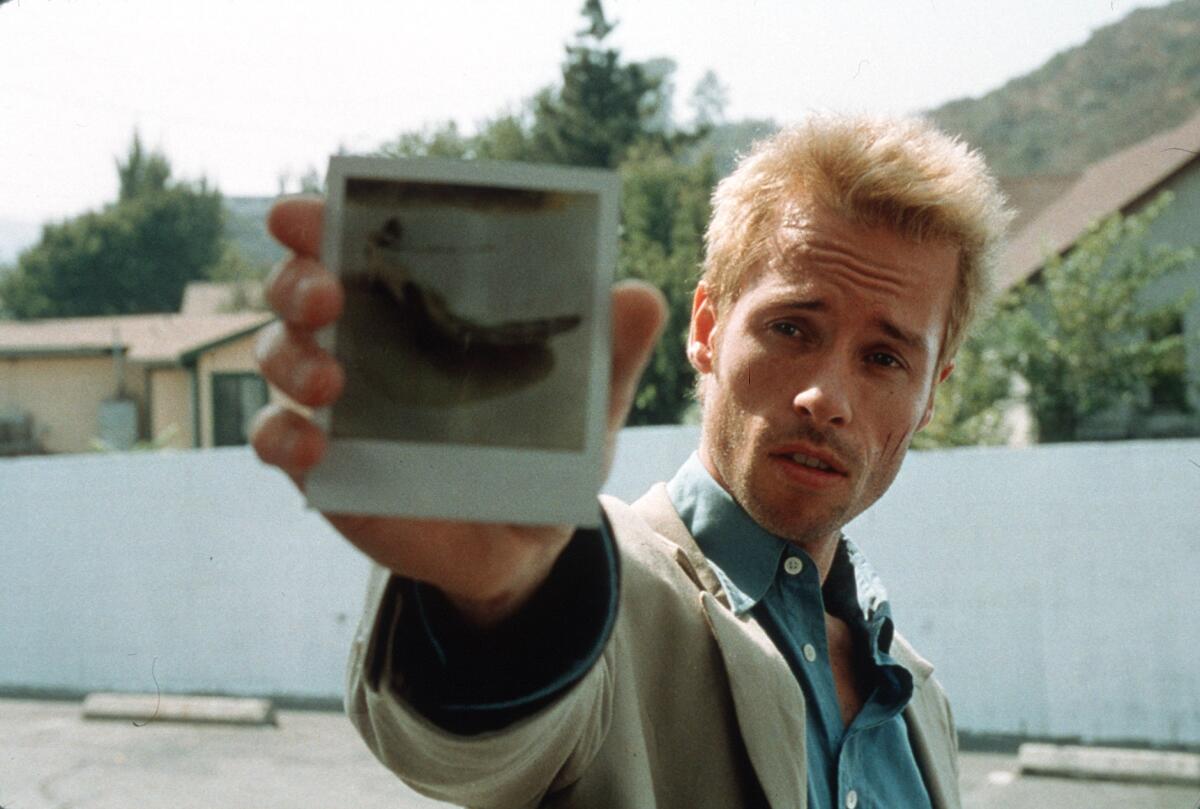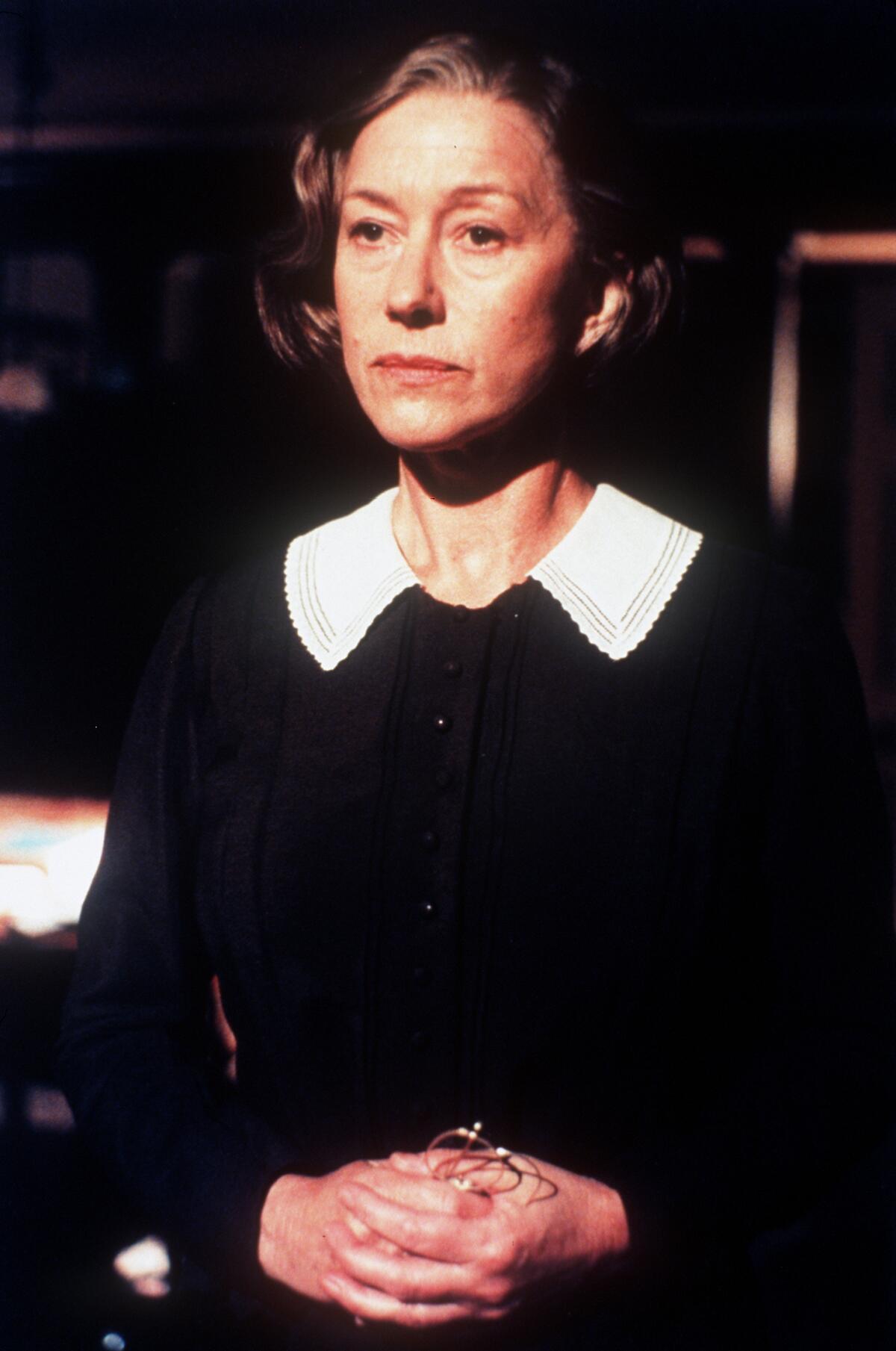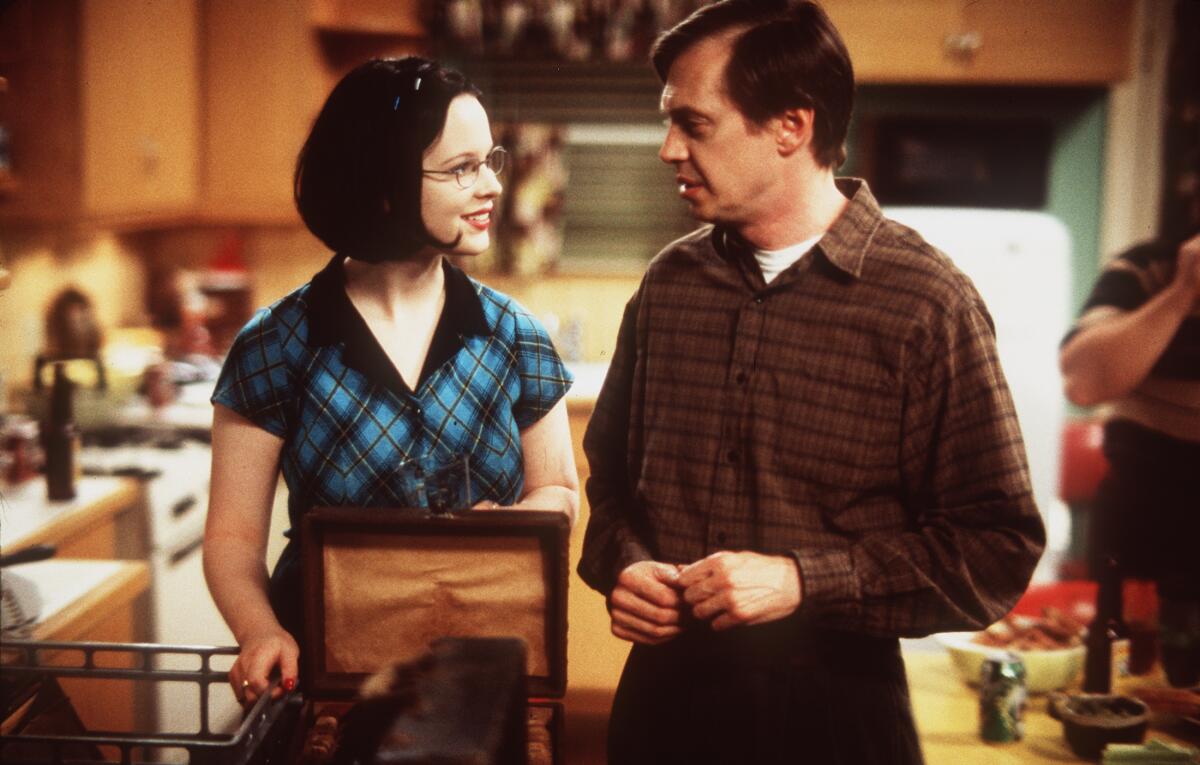Newsletter
Only good movies
Get the Indie Focus newsletter, Mark Olsen's weekly guide to the world of cinema.
You may occasionally receive promotional content from the Los Angeles Times.
Follow Us
Justin Chang was a film critic for the Los Angeles Times from 2016 to 2024. He won the 2024 Pulitzer Prize in criticism for work published in 2023. Chang is the author of the book “FilmCraft: Editing” and serves as chair of the National Society of Film Critics and secretary of the Los Angeles Film Critics Assn.
Glenn Whipp covers film and television for the Los Angeles Times and serves as columnist for The Envelope, The Times’ awards season publication.
